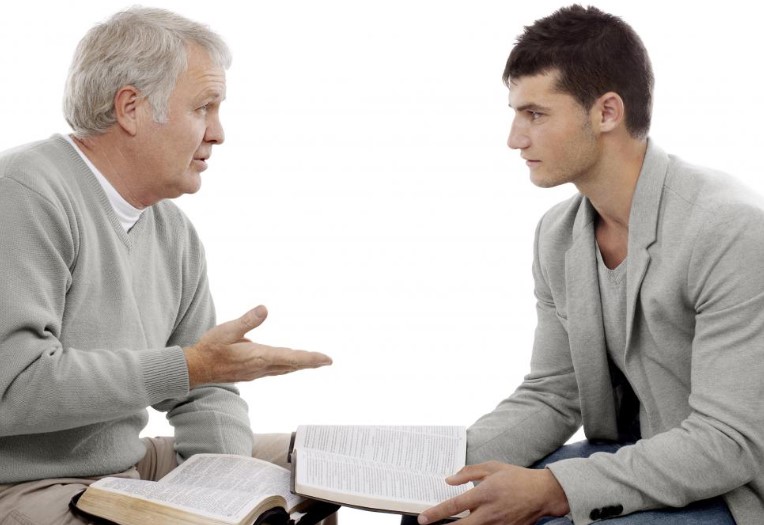If you are interested in counseling, you may be wondering how to become a licensed counselor. Despite the wide variety of opportunities available, the field requires a certain amount of experience and specialized training before you can practice as a licensed counselor. Read on to learn the requirements for licensure and specialization. After you have met these criteria, you will be ready to begin your career in counseling. Listed below are some common areas of practice for counselors.
Are you interested in becoming a Licensed Professional Counselor (LPC) or Licensed Marriage and Family Therapist (LMFT)? If so, then you may want to wonder whether you’re really qualified to meet the license requirements. Spoiler: You probably are!

Experience required
Getting a counseling license requires experience and education to be a successful professional. You will have to complete the appropriate paperwork, complete a formal application, and pass a criminal background check. If you think you have the experience needed to become a counselor, read on to learn more about the requirements. The requirements to become a counselor vary from state to state, so it’s important to check the specifics of your state before applying.
After earning a master’s degree, you’ll need to complete supervised postgraduate counseling experience. Most states require at least 3,000 hours of experience for a licensed counselor to work independently, but you may have to spend less time to obtain a license. You’ll also need to complete additional training and experience in order to become a licensed counselor in your state. You’ll need to complete several hours of training each year to stay on the state’s licensed list.
Licensure requirements
Whether you’re seeking a career in counseling or want to be a licensed counselor, the state licensing requirements will vary from state to state. In New York, licensing requirements for counselors are similar to those of other states. However, there are some differences. In addition to state licensure requirements, the state also requires certain qualifications from candidates. For example, counselors working for a nonprofit or in an office setting may not need to be licensed in New York. However, if you’re applying for a job in a school district or in another nonprofit organization, you’ll need to have the necessary education and experience to work with children and youth.
The State Board of Behavioral Health is responsible for overseeing licensing, and they require certain education and experience before an applicant can apply for licensure. In order to work as a licensed counselor, you must be able to demonstrate a commitment to helping others. To get the license, you must also have completed a master’s degree program in counseling or a doctoral program. In addition, the type of counseling you perform must be closely related to normal human development. After you’ve completed these requirements, you can sit for the National Counselor Examination or the Certified Rehabilitation Counselor Examination, which are administered by the Commission on Rehabilitation Counselor Certification.
Specialty certifications required
There are a number of specialty certifications available for a counselor. The National
Board for Certified Counselors (NBCC) offers several different types of certification, including Addiction Counselor, Clinical Mental Health Counselor, and National Certified School Counselor. Obtaining a specialty certification will help you distinguish yourself from other counselors and attract potential clients and employers. The American Counseling Association (ACA) and other professional counseling organizations offer convenient online courses.
In addition to a master’s degree in counseling, there are two types of state licensing exams. One is the LPC, and the other is the specialty certification. Some states require counselors to have additional training, such as completing an ethics course. Other states require license holders to pass a specialized examination. Applicants should also complete a criminal background check to ensure that they are not a danger to others.

Requirements for obtaining a license
Obtaining a license to practice as a counselor requires a master’s degree or doctoral degree. During your graduate program, you must complete 60 semester hours of counseling-related coursework. Typically, your degree program must be accredited by a specialty accreditor, such as the Council for Accreditation of Counseling and Related Educational Programs. In addition, you may have to complete an internship or practicum before applying for licensure. Check your state’s requirements for these requirements.
For applicants with a master’s degree, applicants may submit verification of experience. If they have less than five years of supervised experience, they can submit an official transcript to verify their experience. Applicants with a master’s degree may also apply via a reciprocity process, which depends on their education and experience. A valid license in another state is required before an applicant can apply for licensure.
If you want to help people and feel a calling to counseling, LPC-level certification can be a great route. To become certified, though, you’ll need to fulfill the education requirements, pass the specific licensure test, and seek out the kind of work experience necessary to secure those career opportunities while working under the supervision of an LPC with the same certification. Applying for the job of counselor at a clinic sponsored by your university (or working in a similar setting) can be an excellent way to gain this necessary experience without having to do anything extra. Taking these steps towards licensure will afford you with innumerable career possibilities, so don’t let your career plans fall short due to an incomplete plan; start laying out your path towards LPC certification today.








